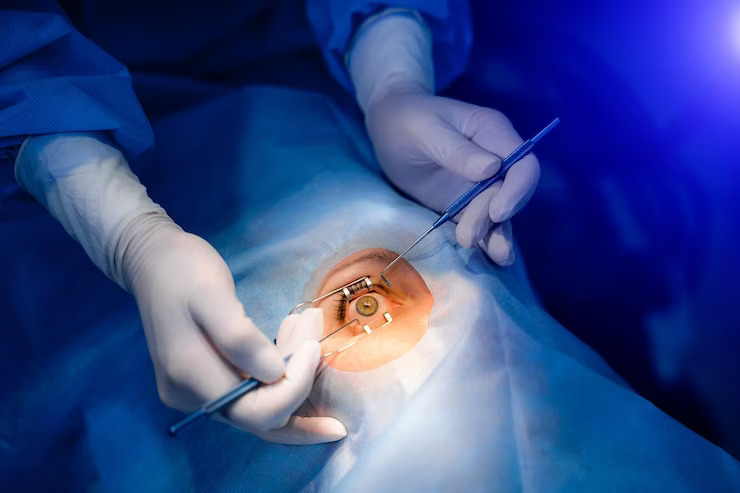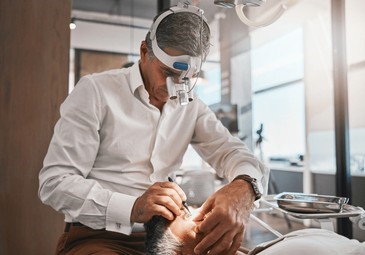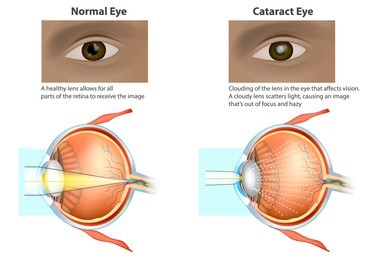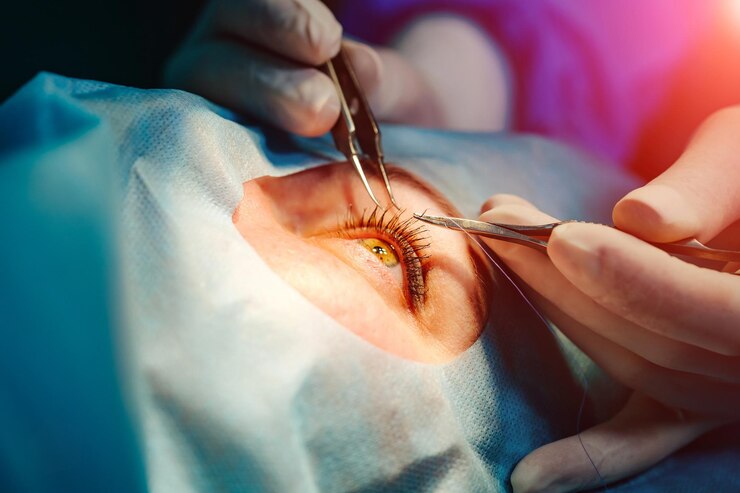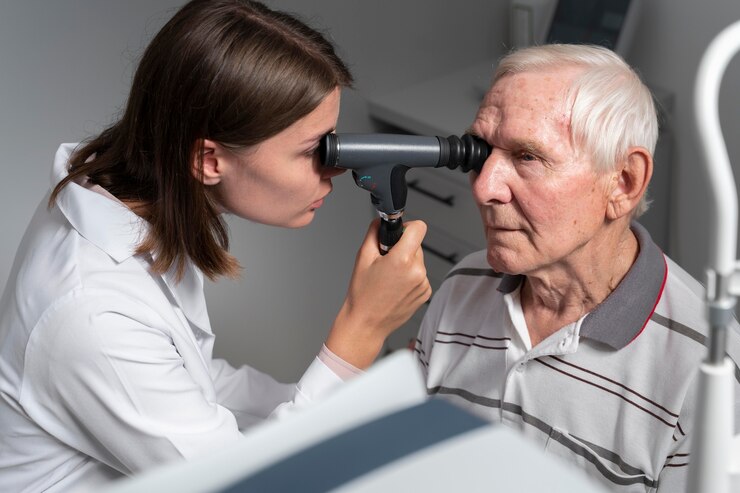Lifestyle Changes After Cataract Surgery: Improving Vision And Quality Of Life
Cataract surgery is a transformative procedure that restores clear vision and improves the quality of life for millions of individuals worldwide. While the surgical removal of cataracts addresses visual impairment, it also presents an opportunity for patients to make positive lifestyle changes that further enhance their vision and overall well-being. In this article, we will explore the lifestyle adjustments and habits that can optimize visual outcomes and promote long-term eye health following cataract surgery.
The Importance of Lifestyle Changes
Cataract surgery is a highly successful intervention that typically results in significant improvements in visual acuity and clarity. However, adopting certain lifestyle changes can complement the benefits of surgery and promote optimal visual outcomes. These changes not only support the healing process but also contribute to the long-term health and function of the eyes.
Protecting the Eyes from UV Radiation
Exposure to ultraviolet (UV) radiation from the sun can accelerate the formation of cataracts and increase the risk of other ocular conditions such as macular degeneration. Following cataract surgery, it is essential to protect the eyes by wearing sunglasses that block both UVA and UVB rays. Look for sunglasses with a high level of UV protection and consider wearing a wide-brimmed hat for additional shielding from sunlight.
Practicing Good Hygiene and Eye Care
Maintaining proper eye hygiene is crucial for preventing infections and complications after cataract surgery. Wash your hands thoroughly before touching your eyes or applying eye drops. Follow your surgeon’s instructions regarding the use of prescribed eye drops and medications to promote healing and reduce inflammation. Avoid rubbing or putting pressure on the eyes, as this can disrupt the healing process and increase the risk of complications.
Maintaining a Healthy Diet
A balanced diet rich in vitamins, minerals, and antioxidants is beneficial for overall eye health. Incorporate foods high in vitamin C, vitamin E, zinc, and omega-3 fatty acids, such as fruits, vegetables, nuts, seeds, and fatty fish, into your daily meals. These nutrients help protect against oxidative damage, inflammation, and age-related eye conditions. Stay hydrated by drinking plenty of water to support proper hydration of the eyes and tissues.
Engaging in Regular Exercise
Regular physical activity has numerous benefits for eye health and overall well-being. Exercise improves circulation, reduces inflammation, and helps maintain a healthy weight, which can lower the risk of developing certain eye conditions such as diabetic retinopathy and glaucoma. Aim for at least 30 minutes of moderate-intensity exercise most days of the week, such as brisk walking, swimming, cycling, or yoga.
Practicing Proper Eye Ergonomics
Many people spend prolonged periods in front of digital screens, which can strain the eyes and exacerbate symptoms such as dryness, irritation, and fatigue. Practice proper eye ergonomics by taking regular breaks to rest your eyes, blinking frequently to lubricate the ocular surface, and adjusting the lighting and contrast on your electronic devices to reduce glare and eye strain. Consider using artificial tears or lubricating eye drops to keep the eyes moist and comfortable, especially if you experience dry eye symptoms.
Quitting Smoking
Smoking is a significant risk factor for cataracts and other eye conditions such as age-related macular degeneration and diabetic retinopathy. Quitting smoking can slow the progression of cataracts and reduce the risk of complications after surgery. If you smoke, seek support and resources to help you quit, such as smoking cessation programs, counseling, and nicotine replacement therapy.
Conclusion
Cataract surgery is an opportunity for patients to not only regain clear vision but also to make positive lifestyle changes that support eye health and overall well-being. By adopting habits such as protecting the eyes from UV radiation, practicing good hygiene and eye care, maintaining a healthy diet, engaging in regular exercise, practicing proper eye ergonomics, and quitting smoking, individuals can optimize visual outcomes, reduce the risk of future eye problems, and enjoy a higher quality of life. Consult with your eye care provider for personalized recommendations and guidance on implementing these lifestyle changes after cataract surgery.

